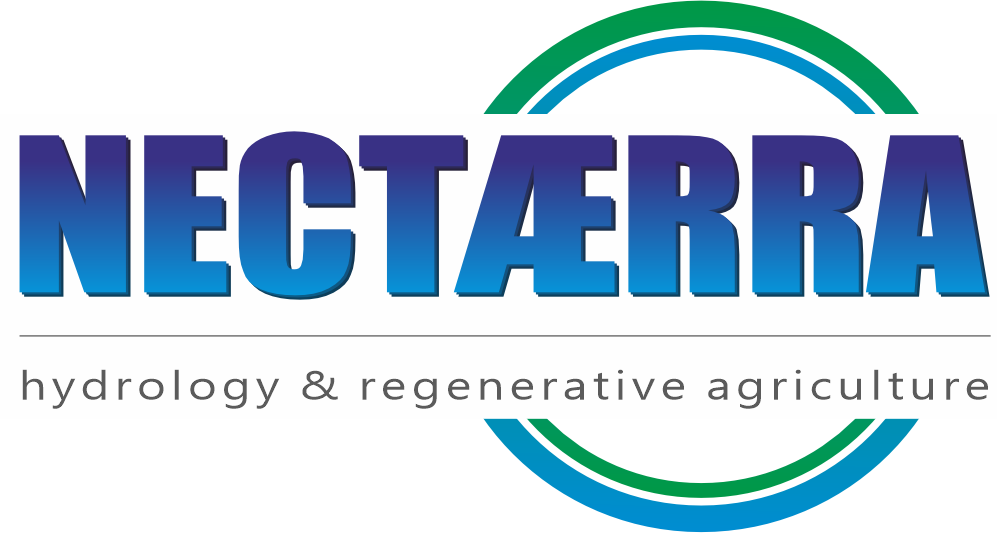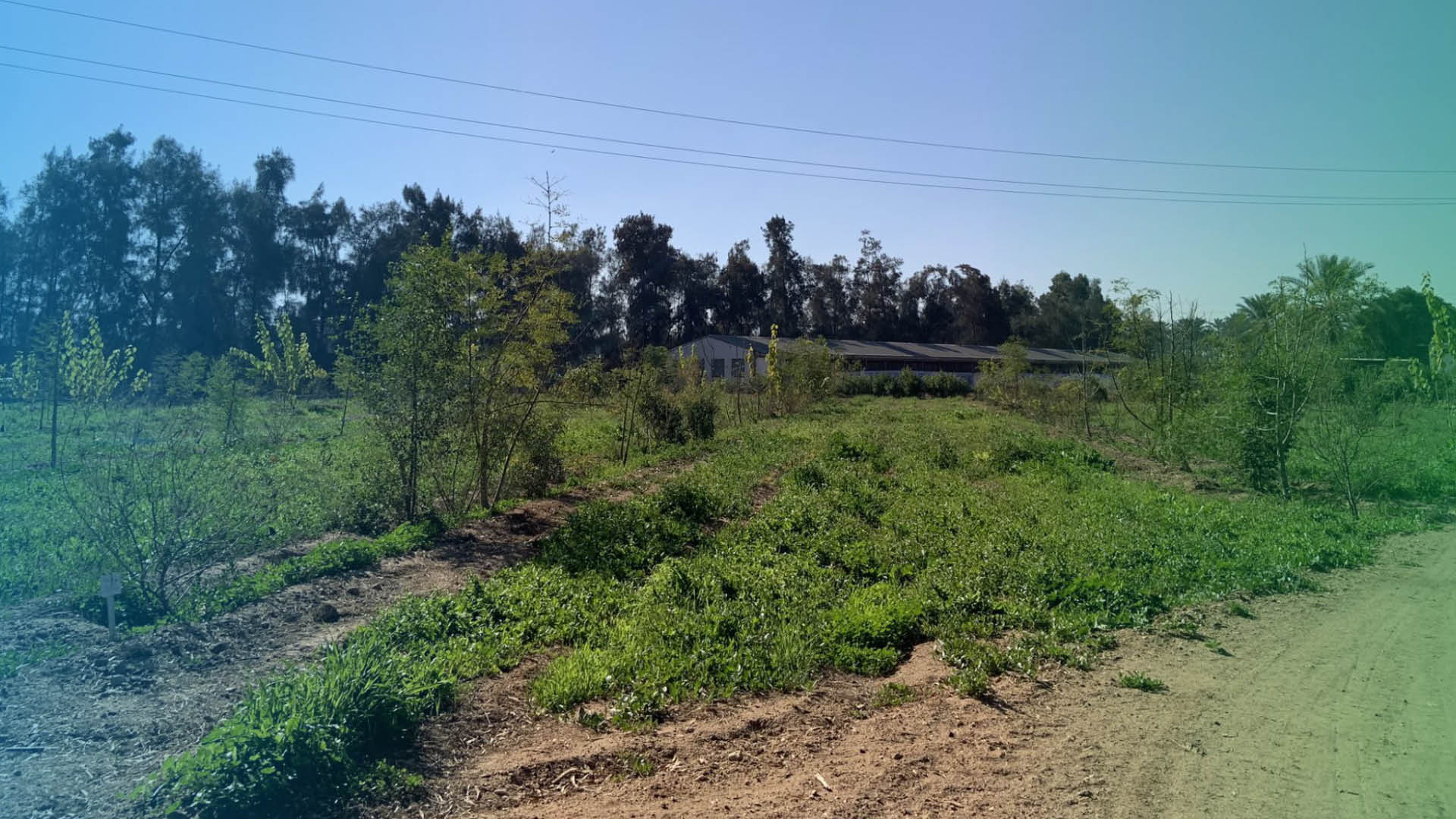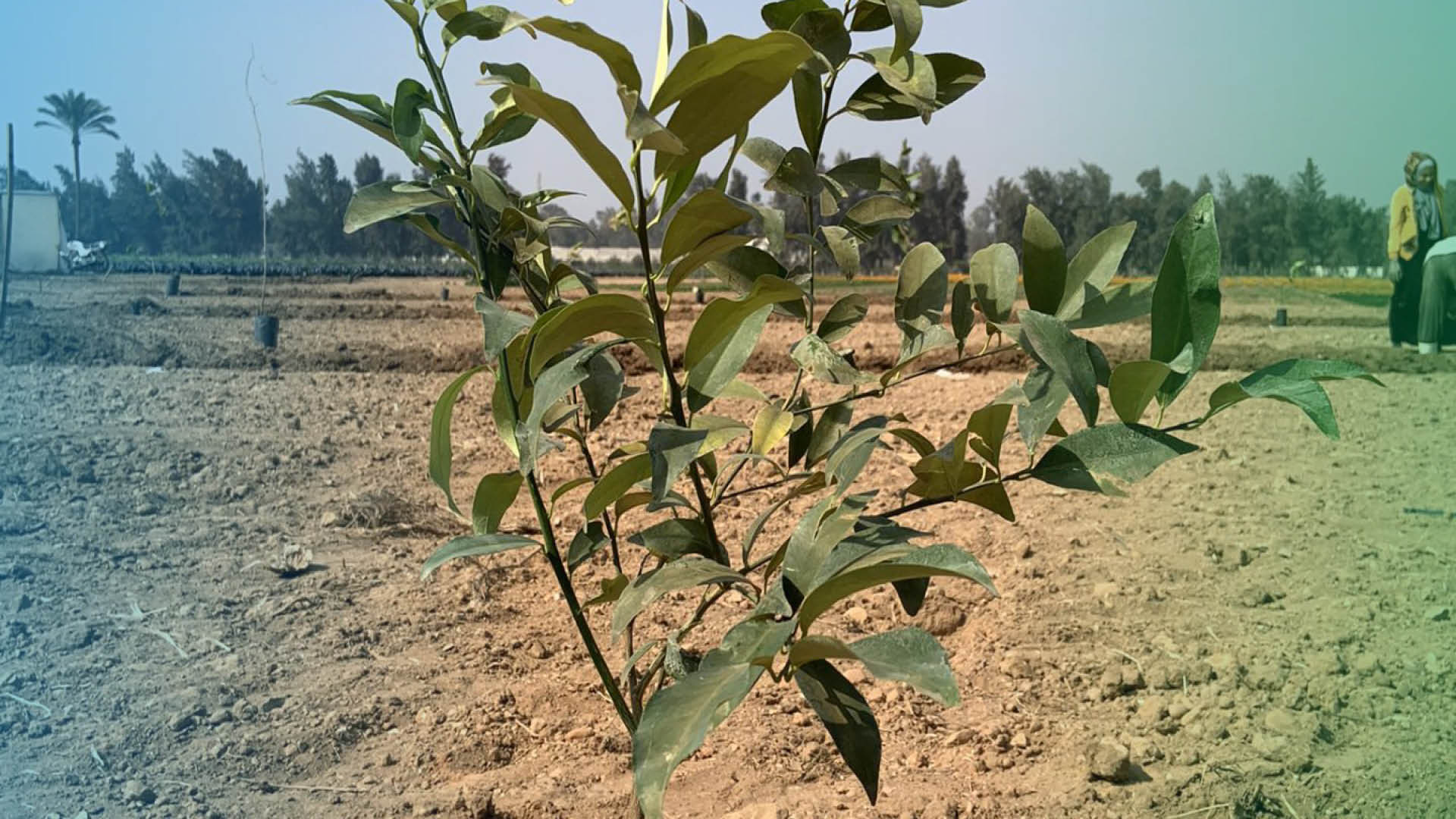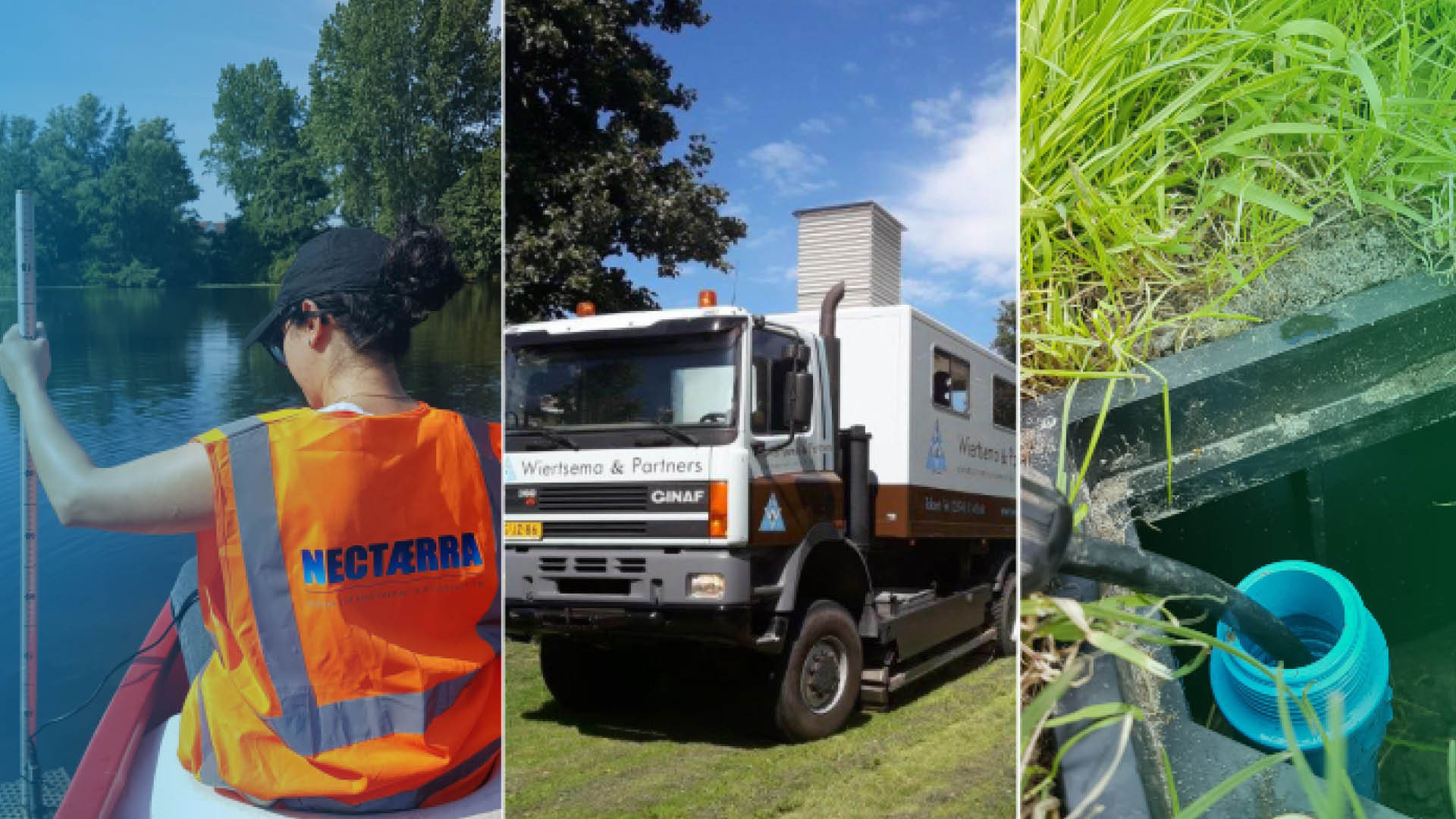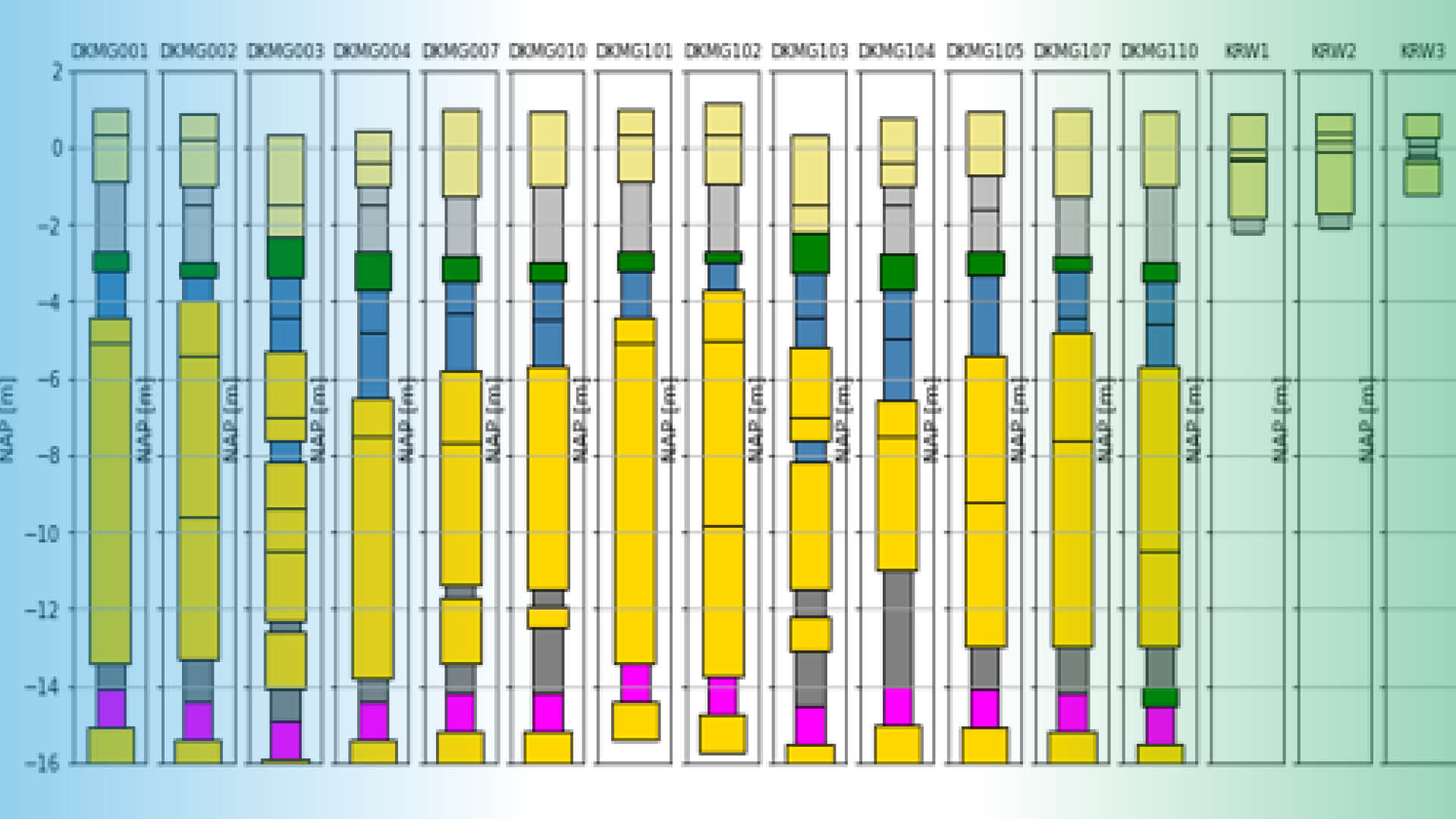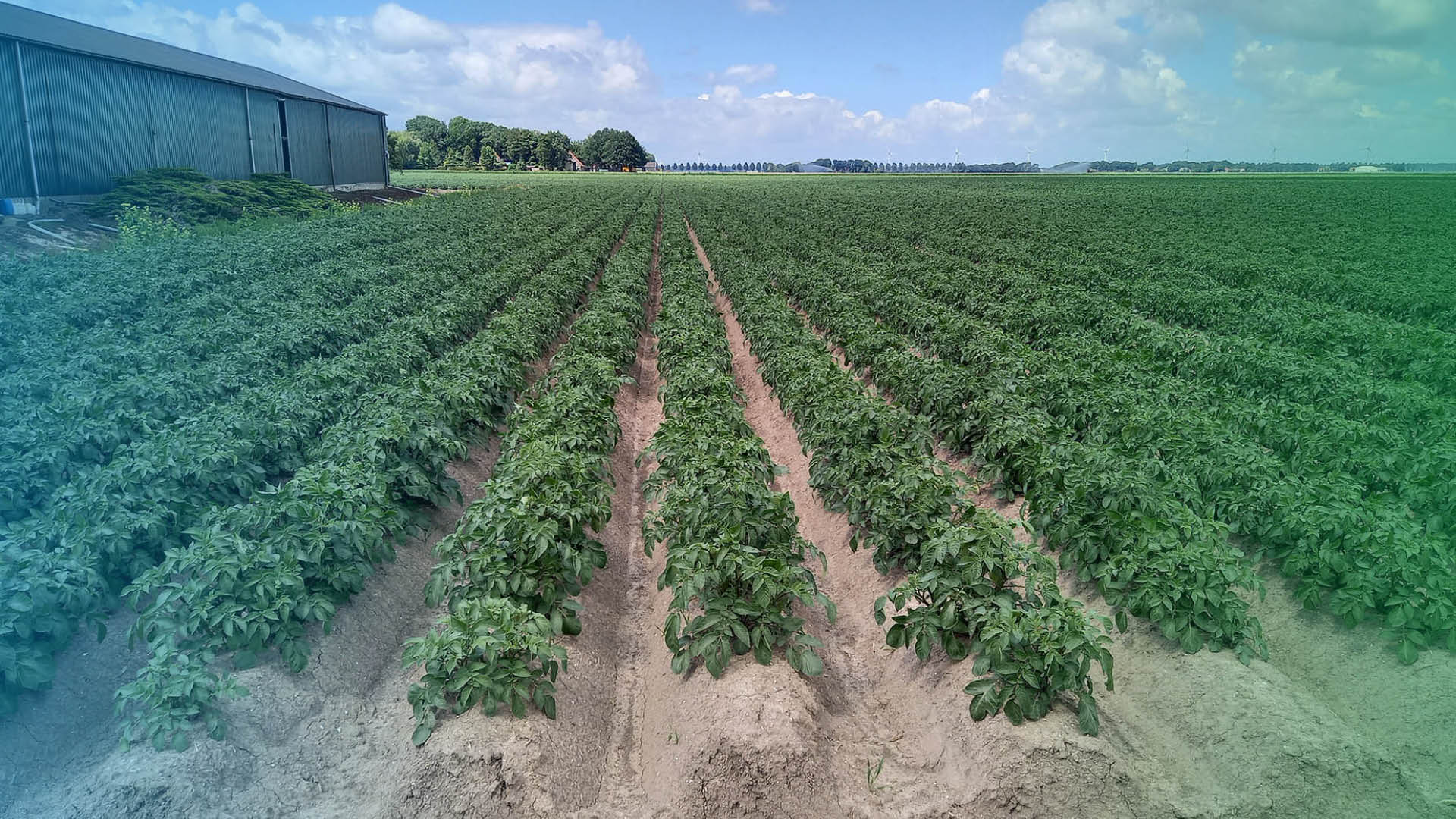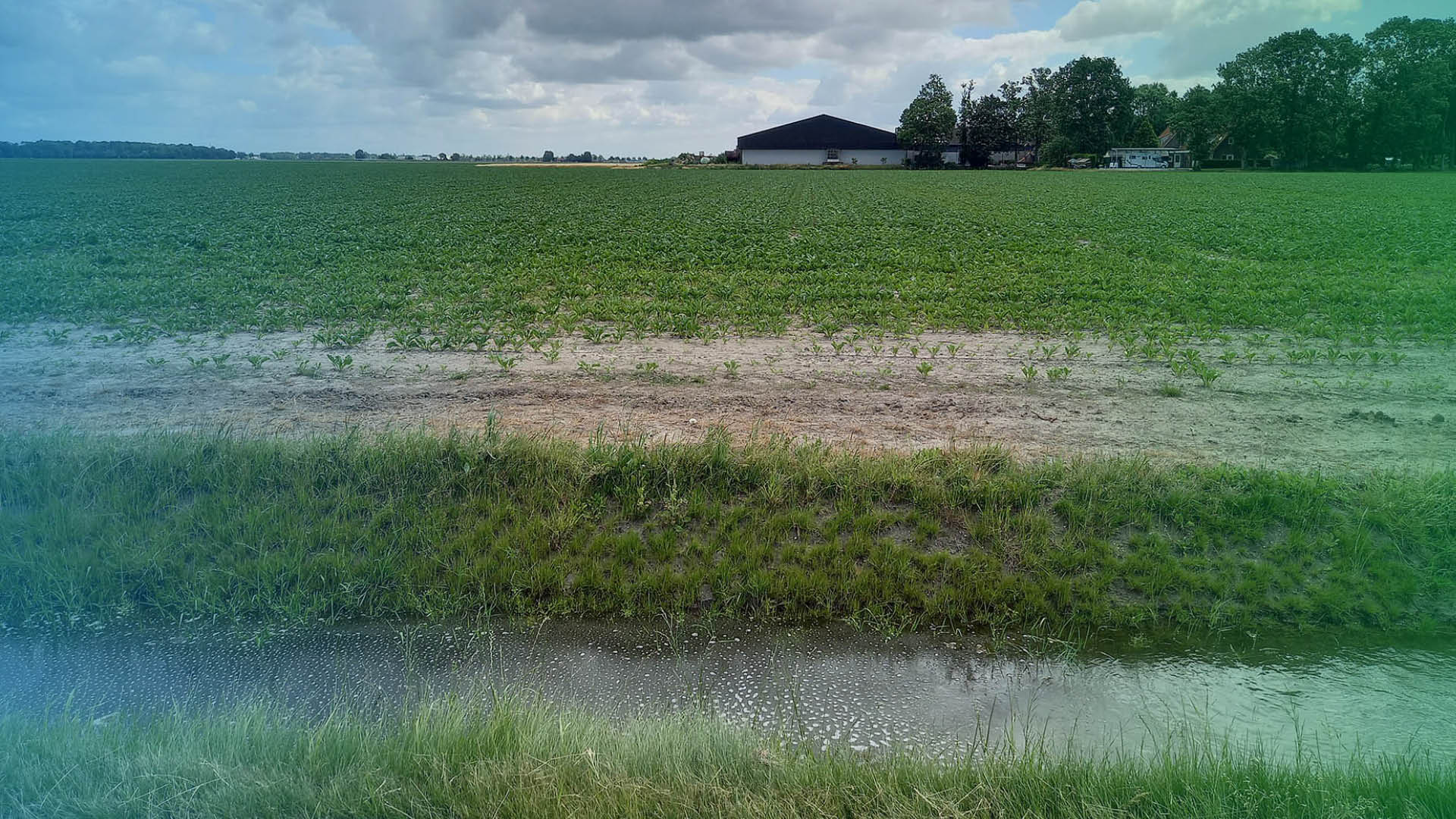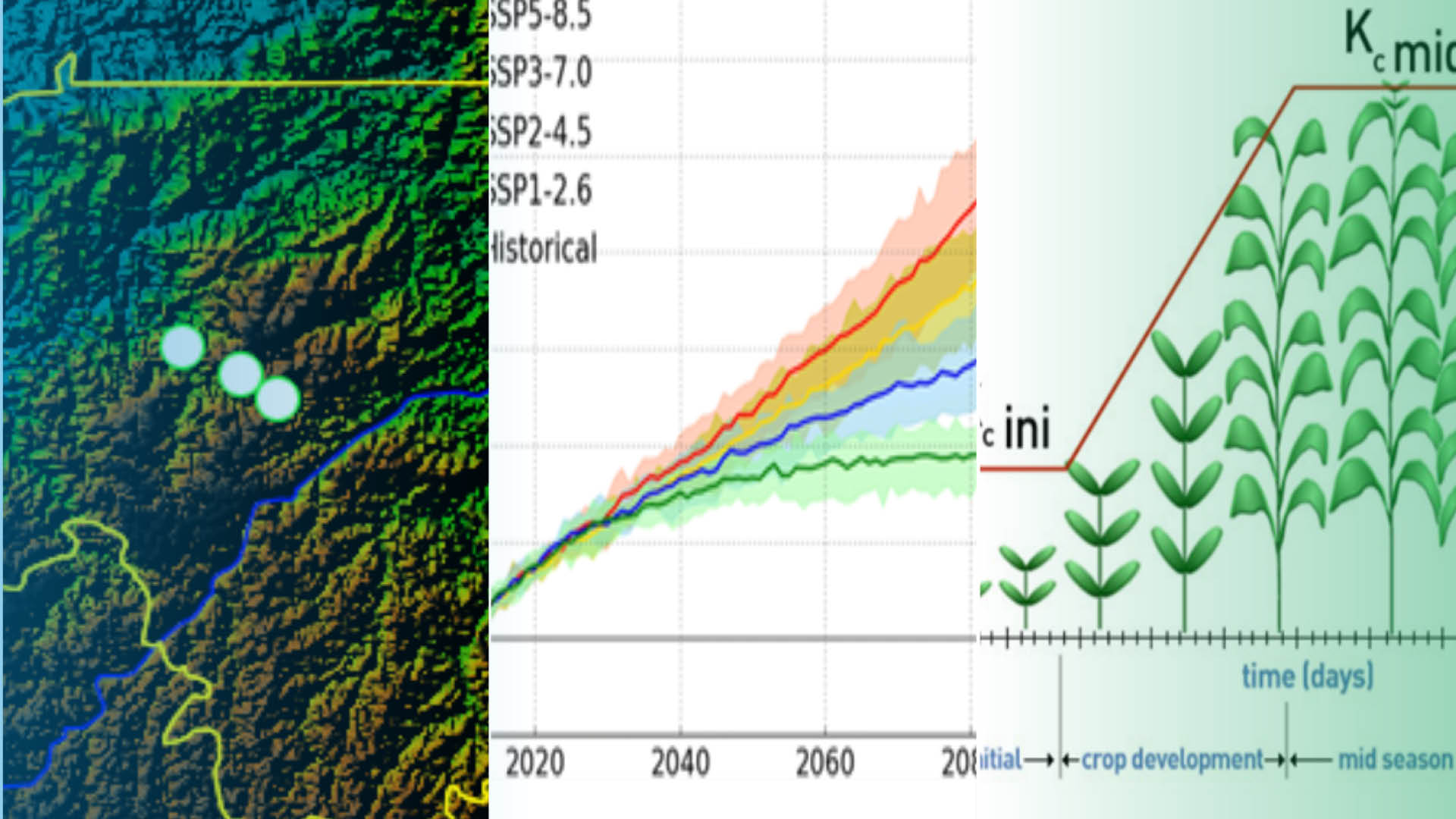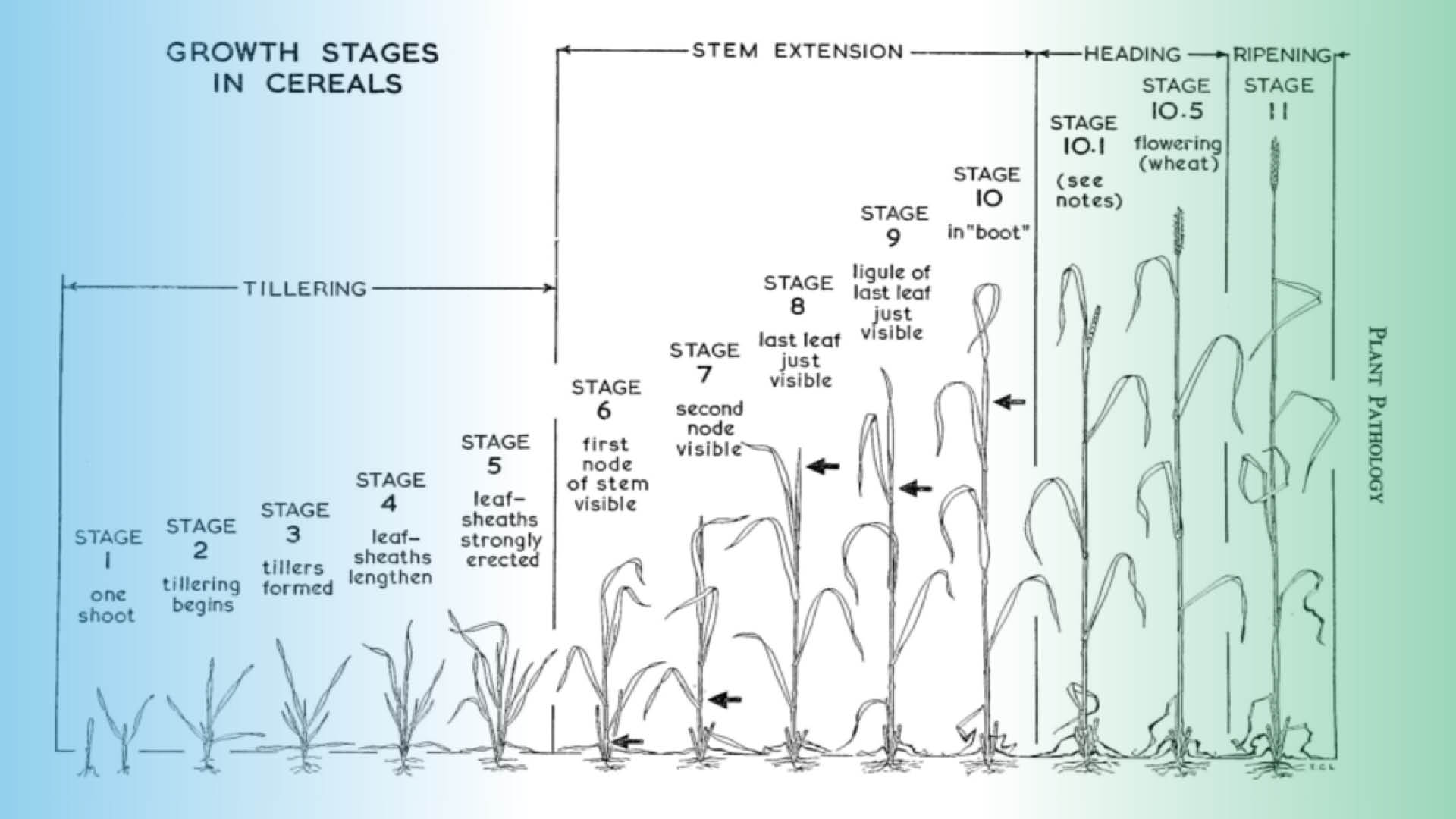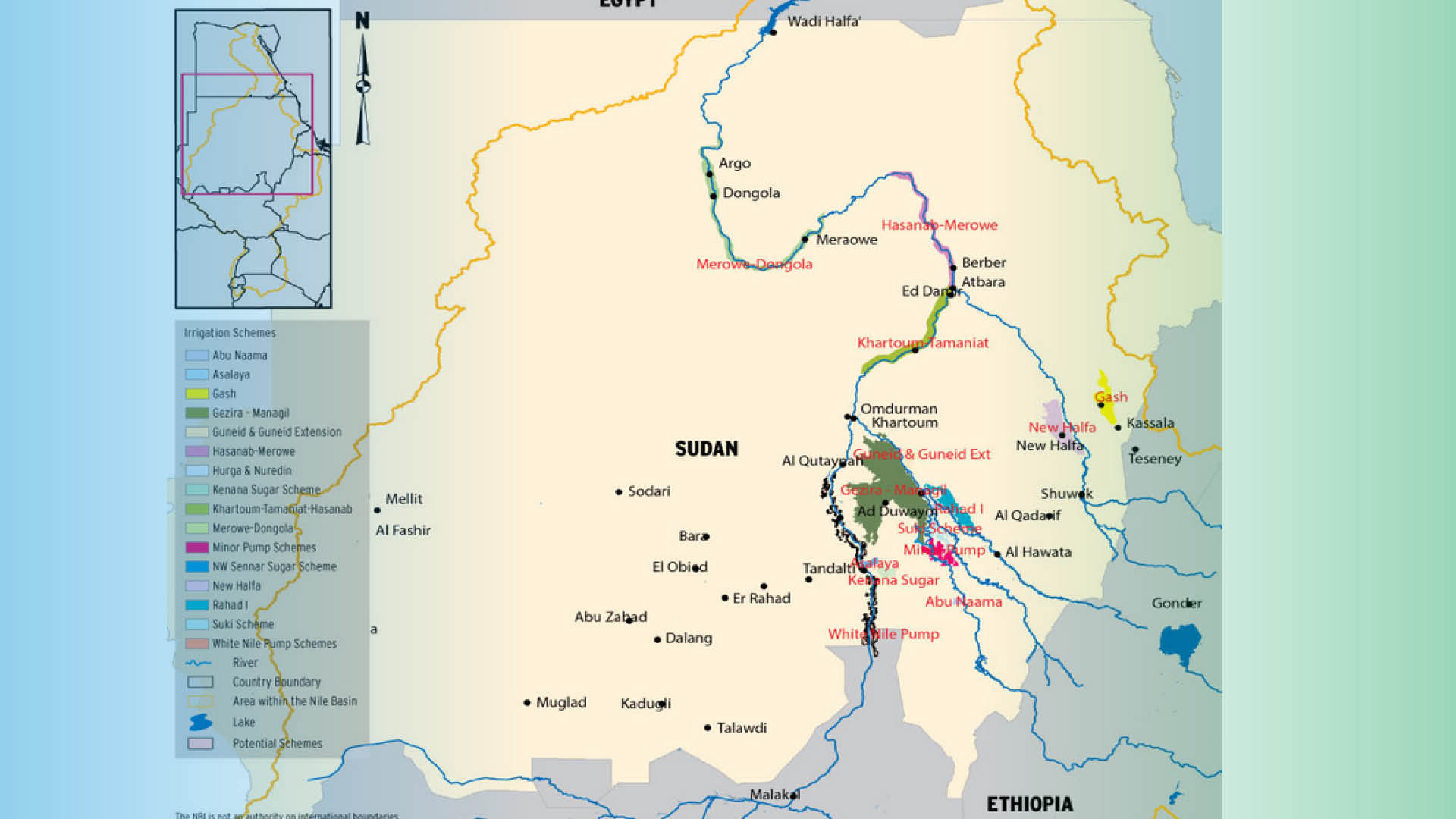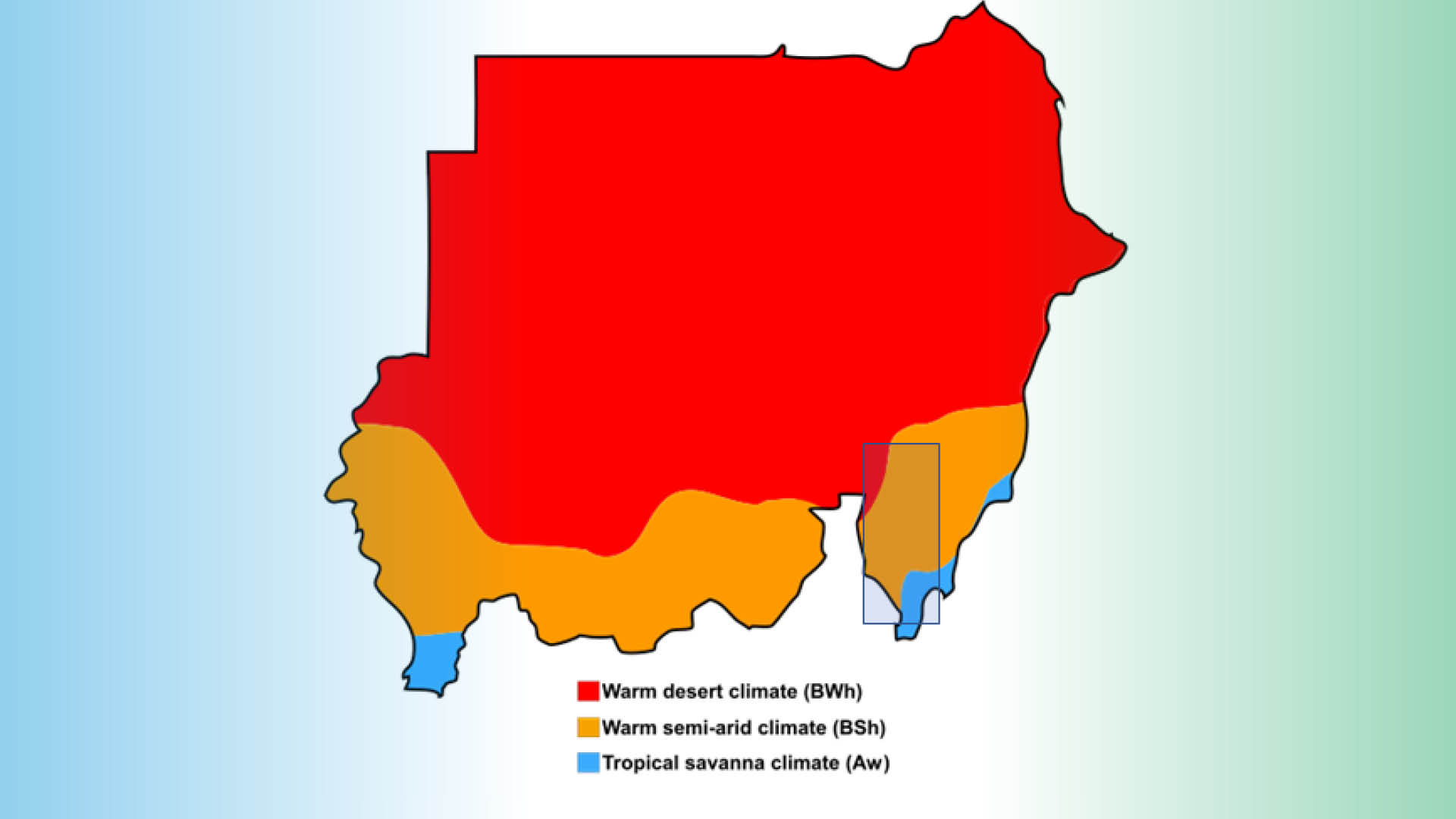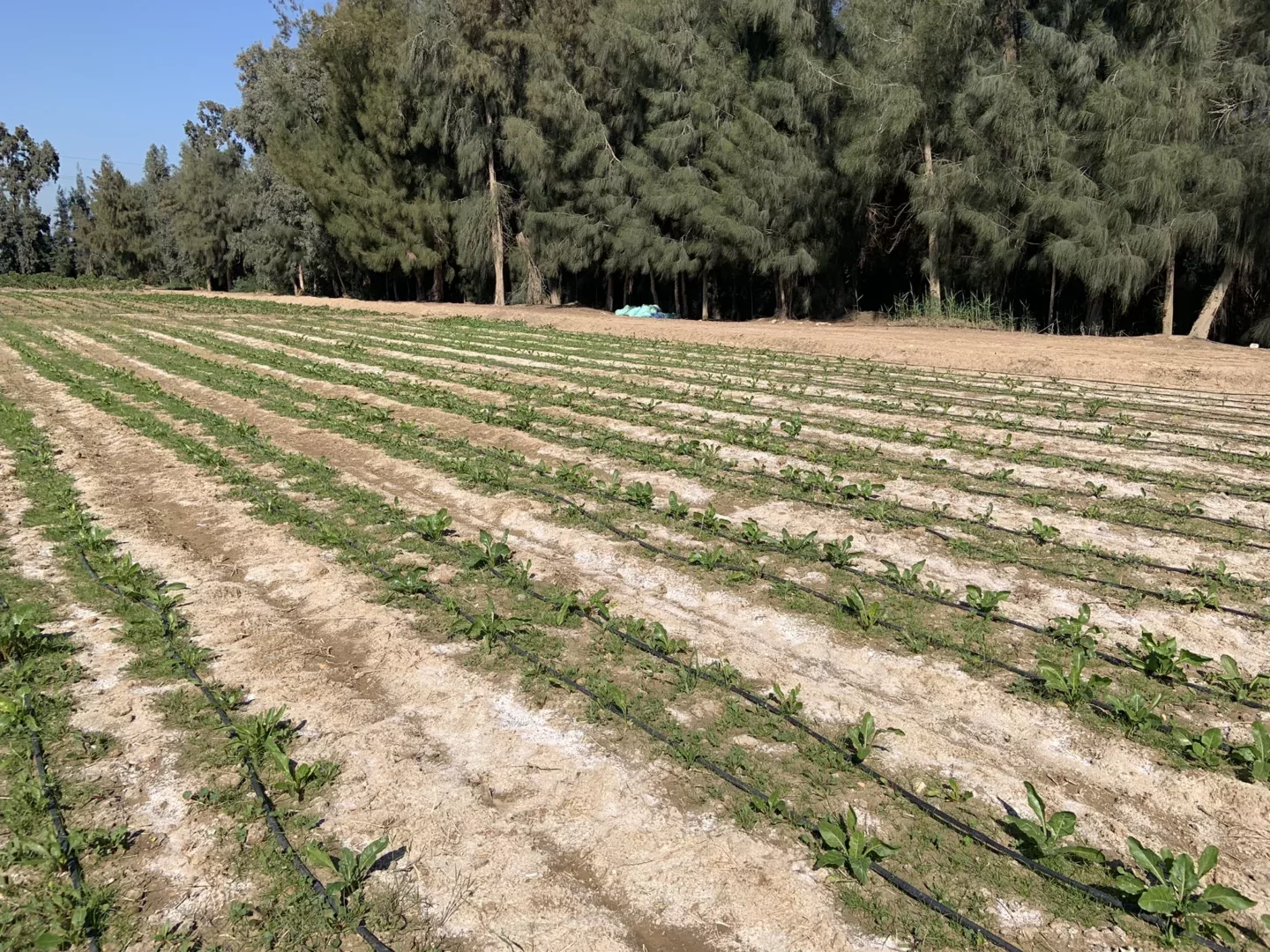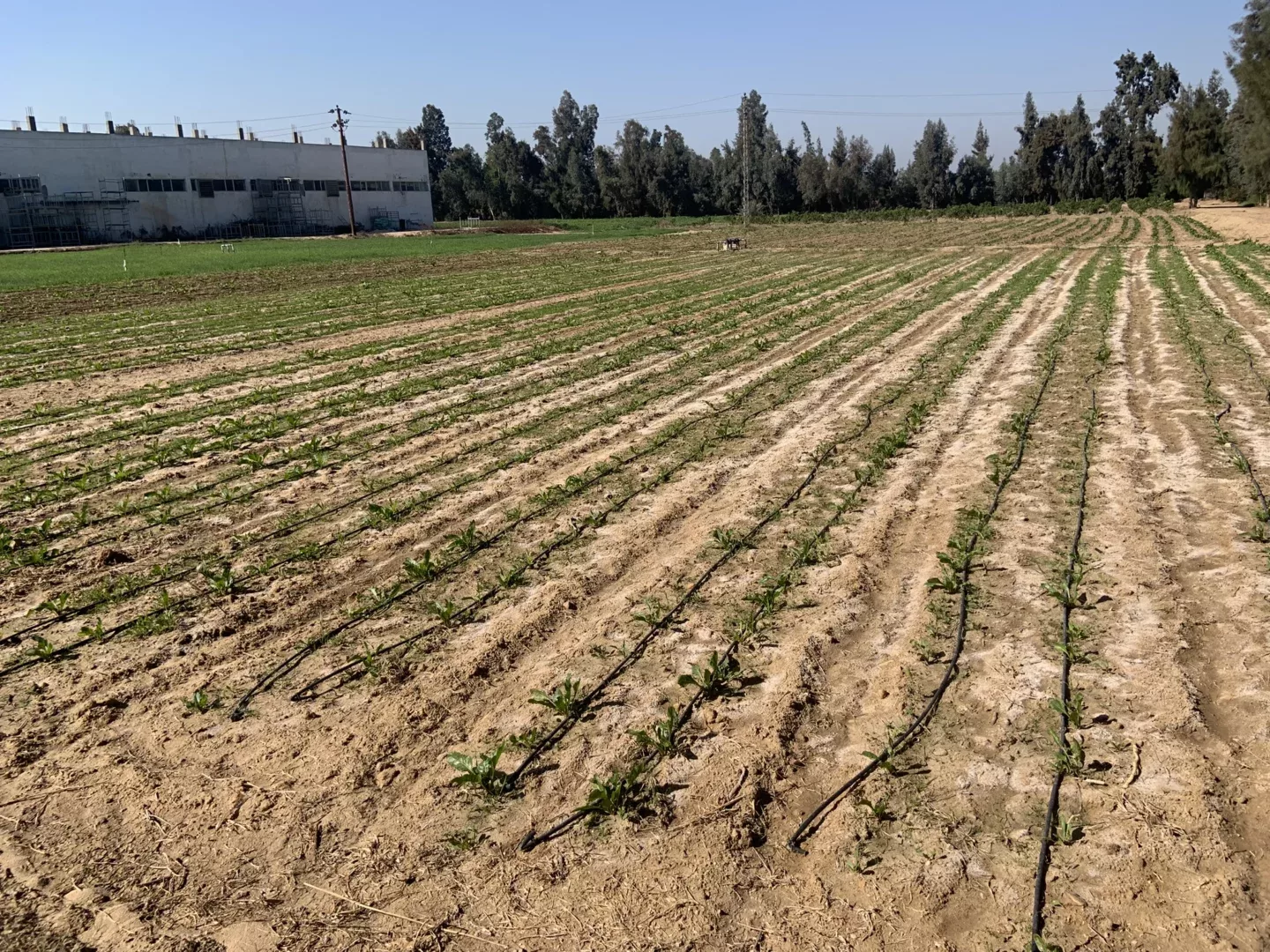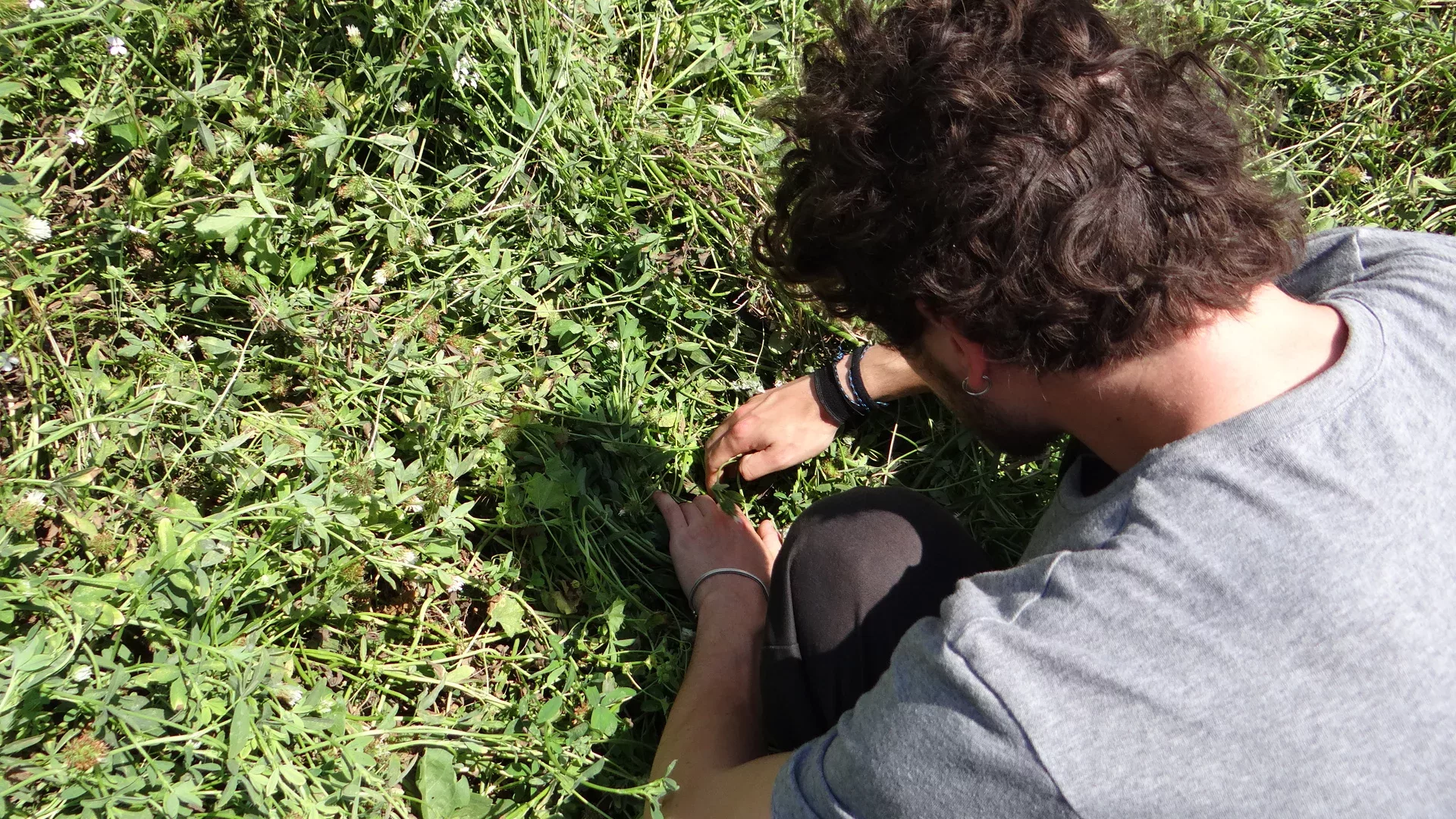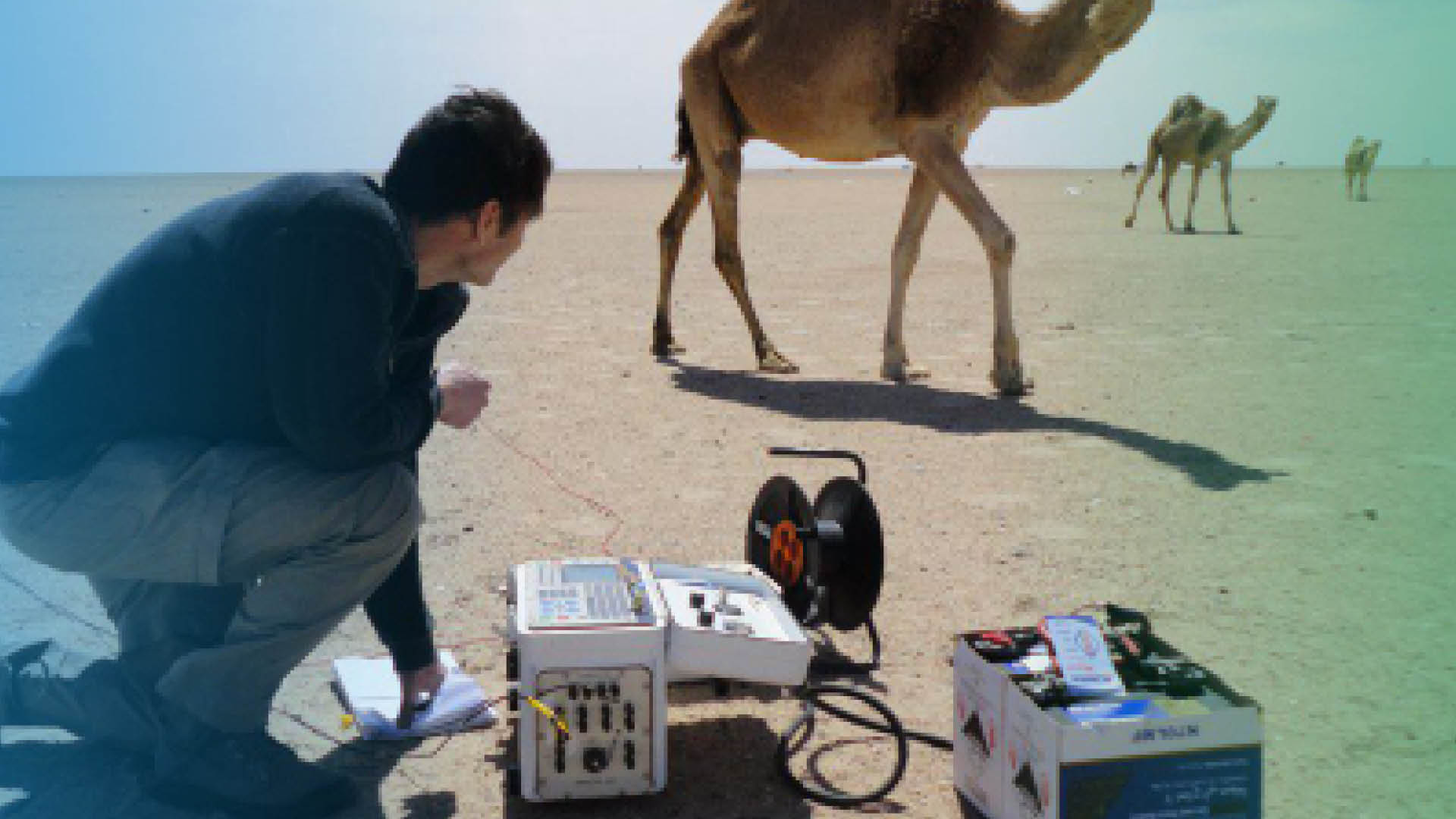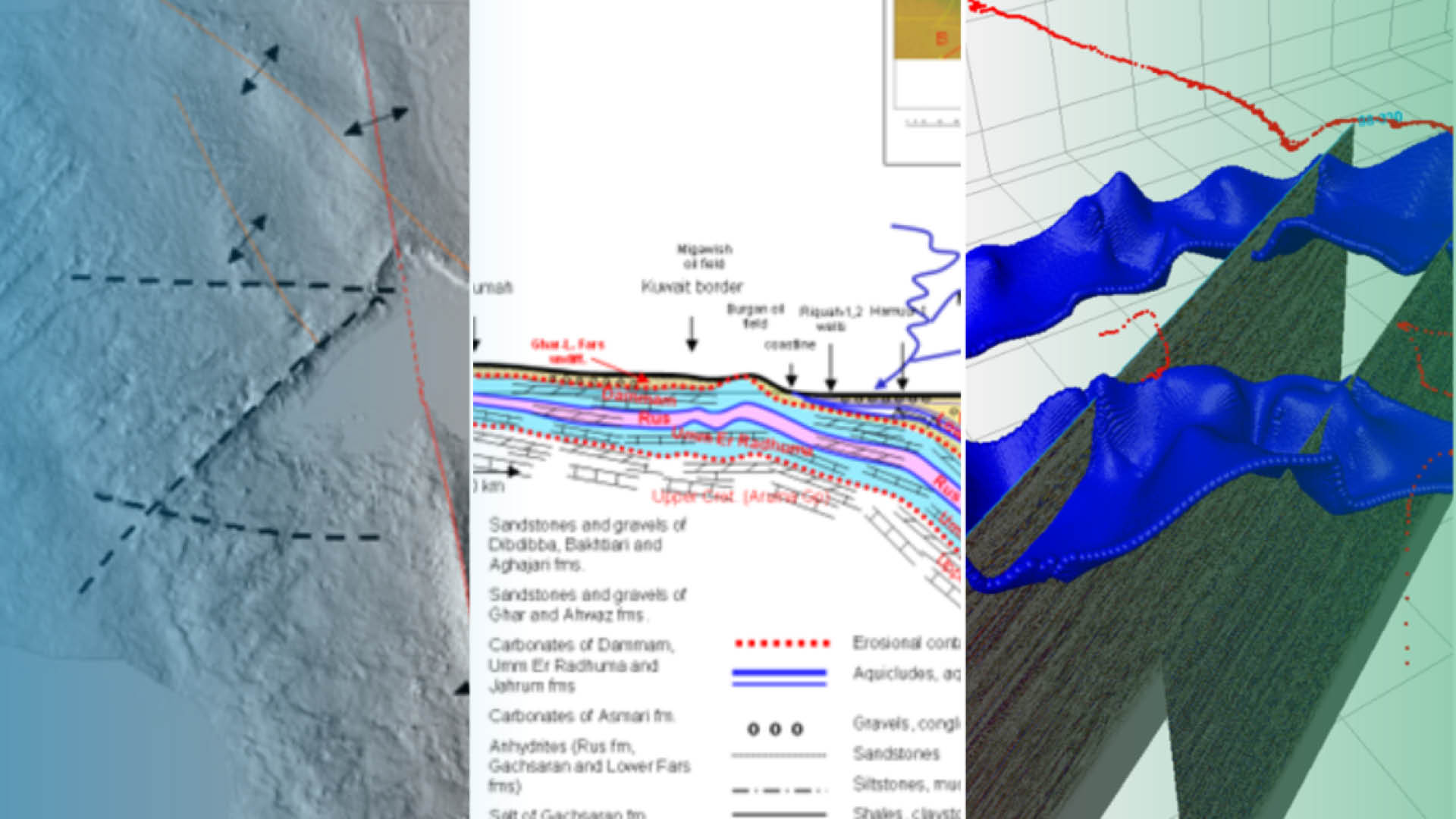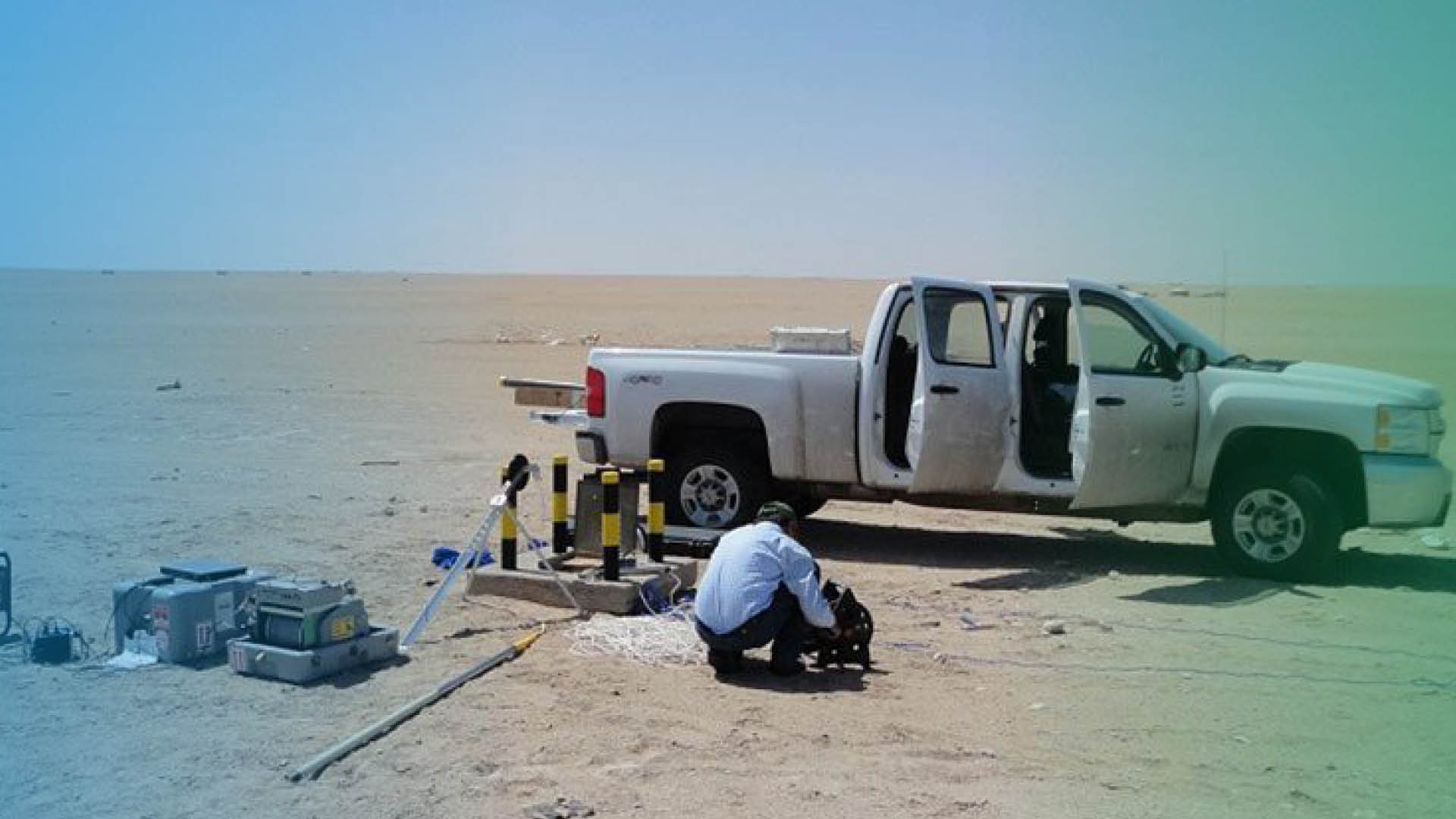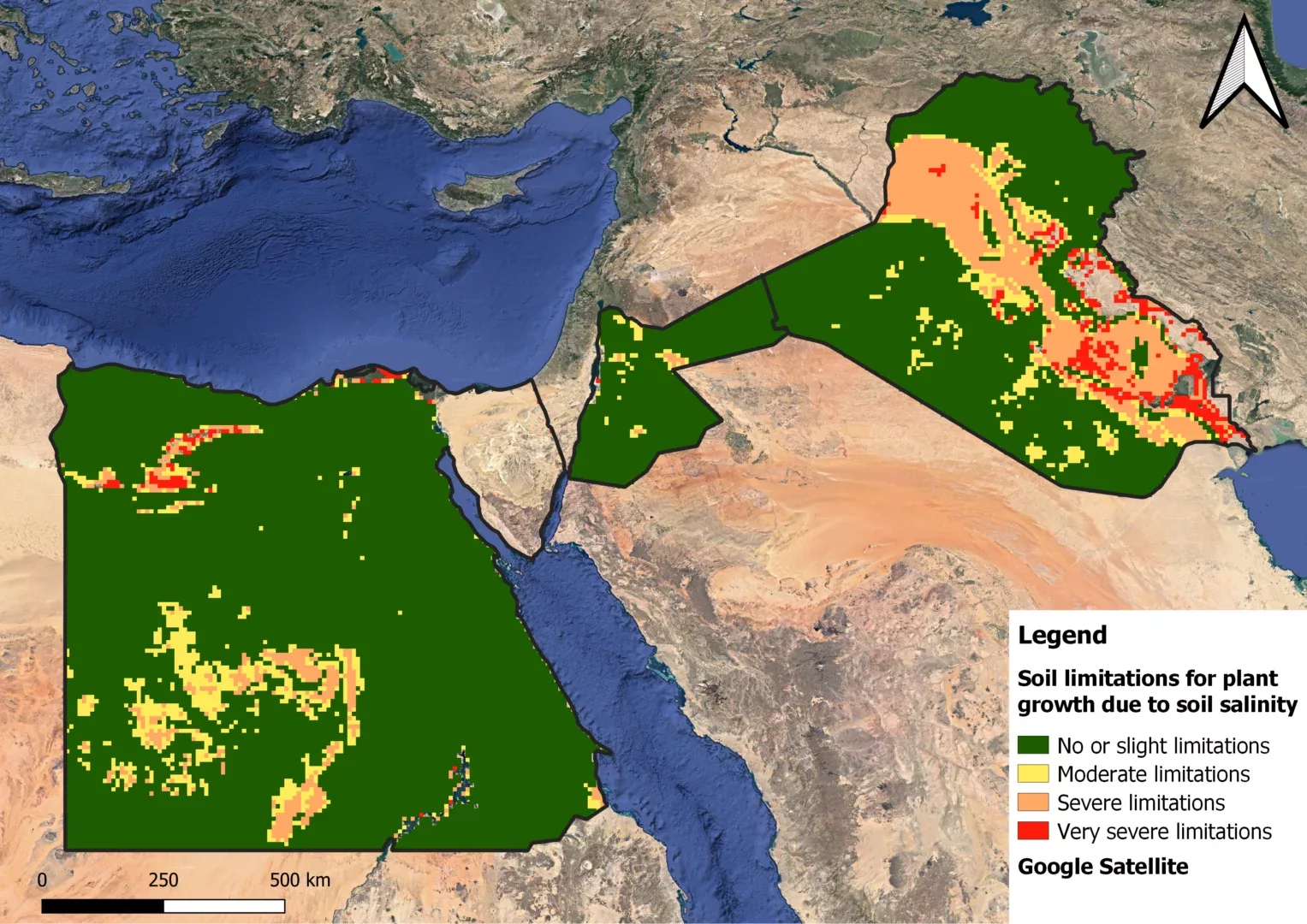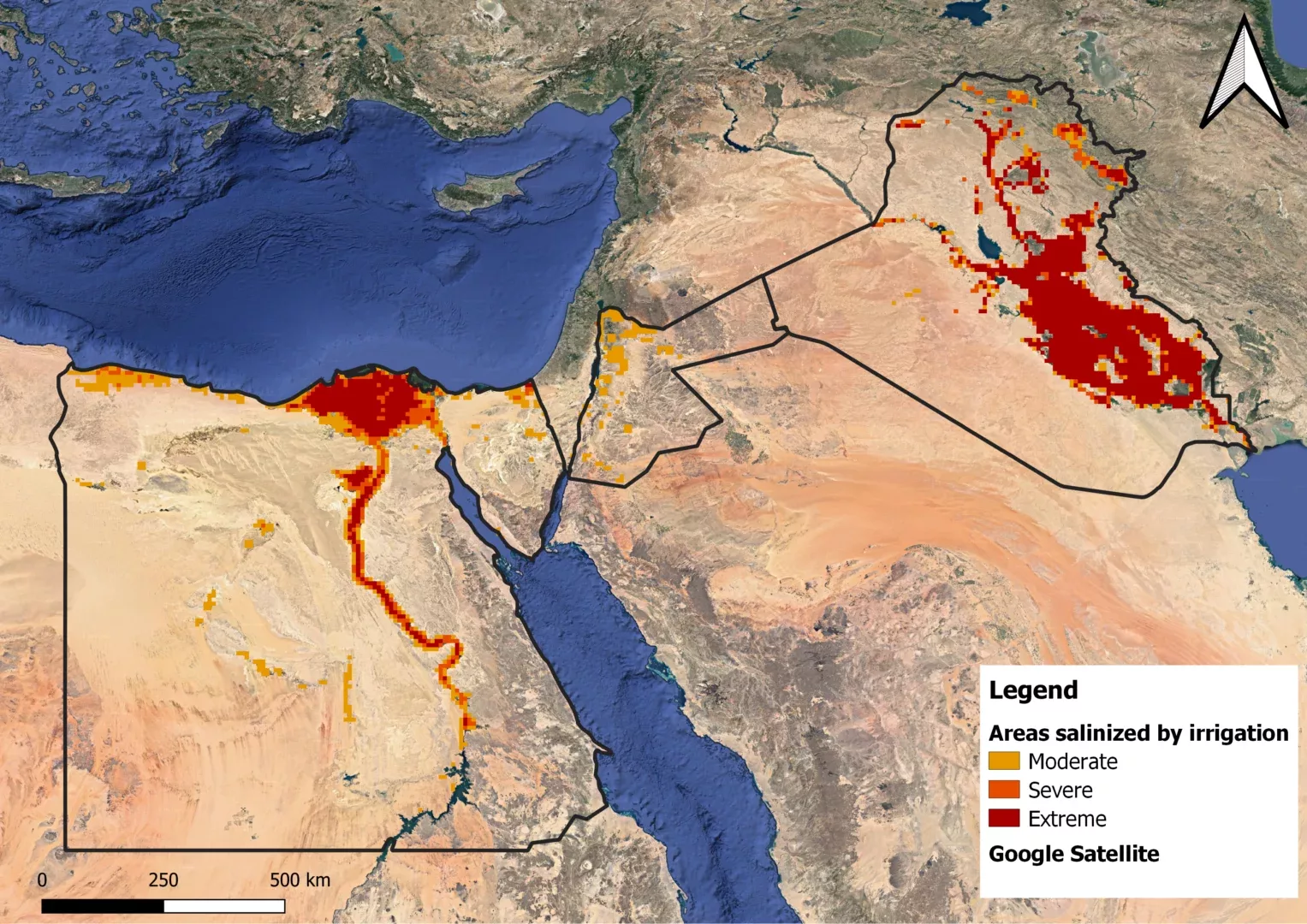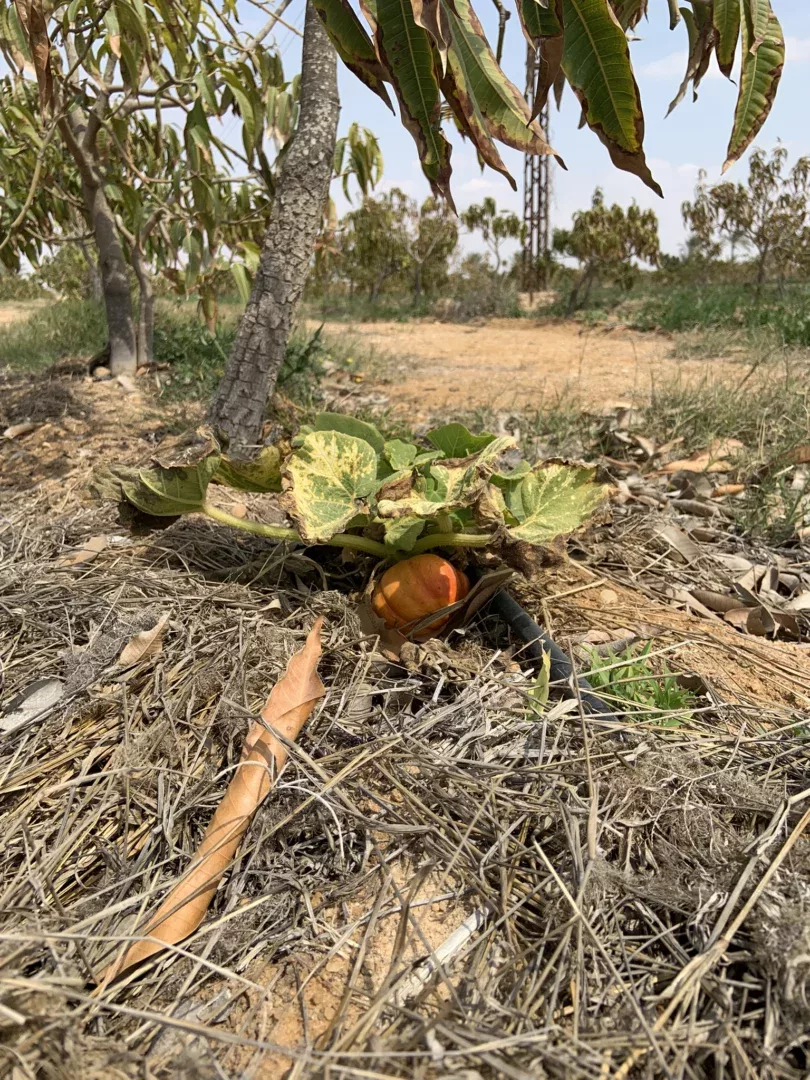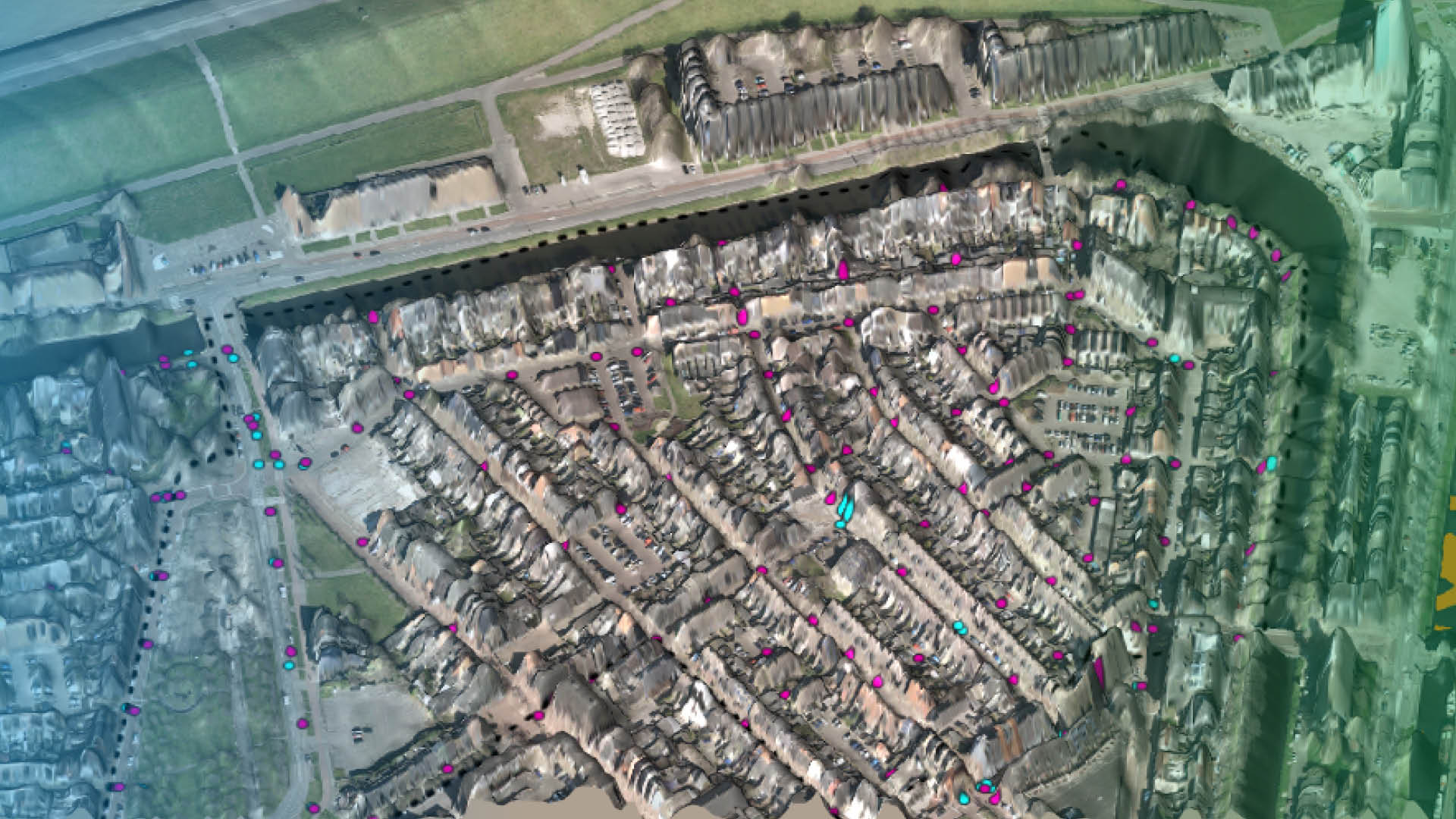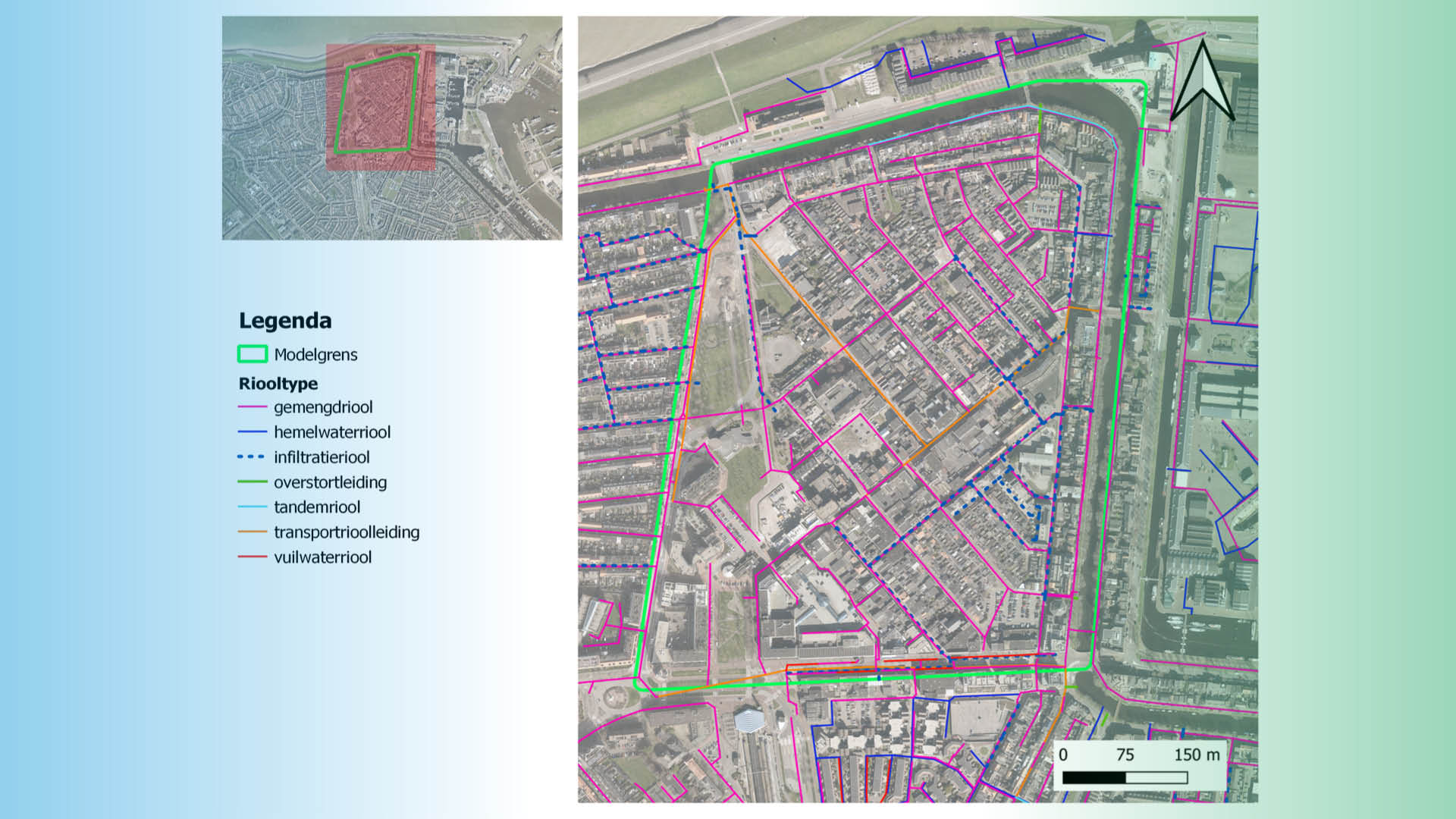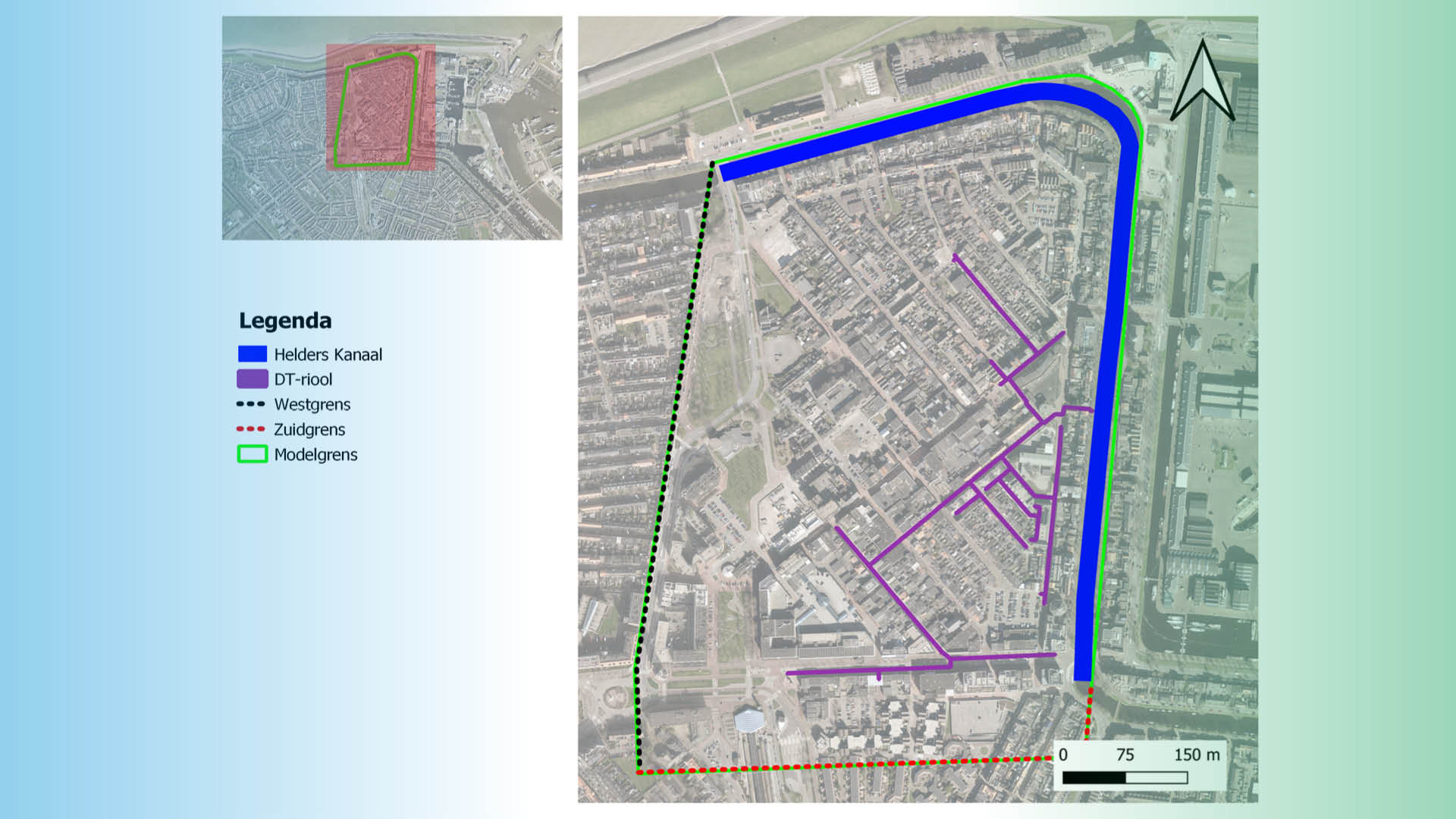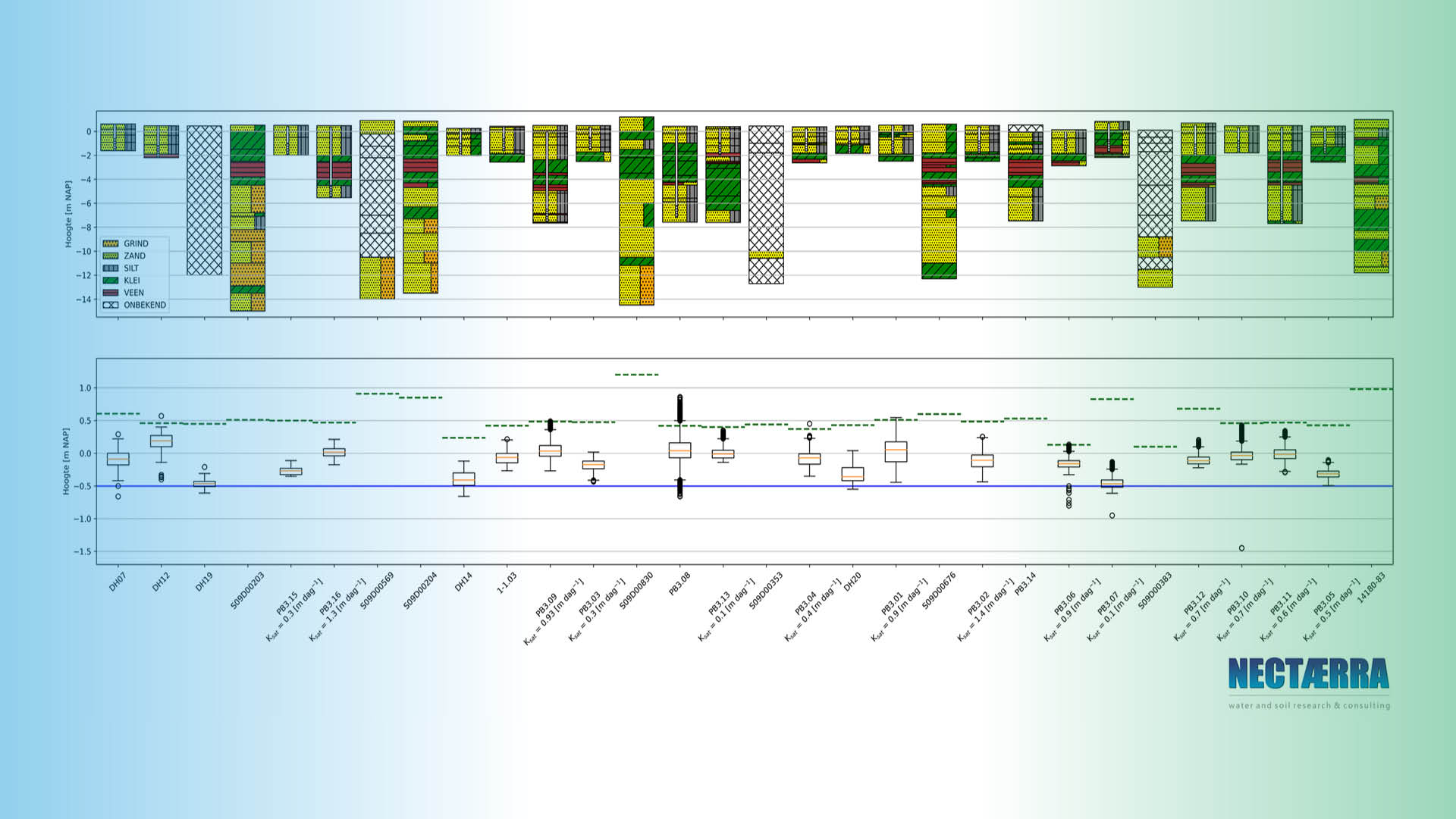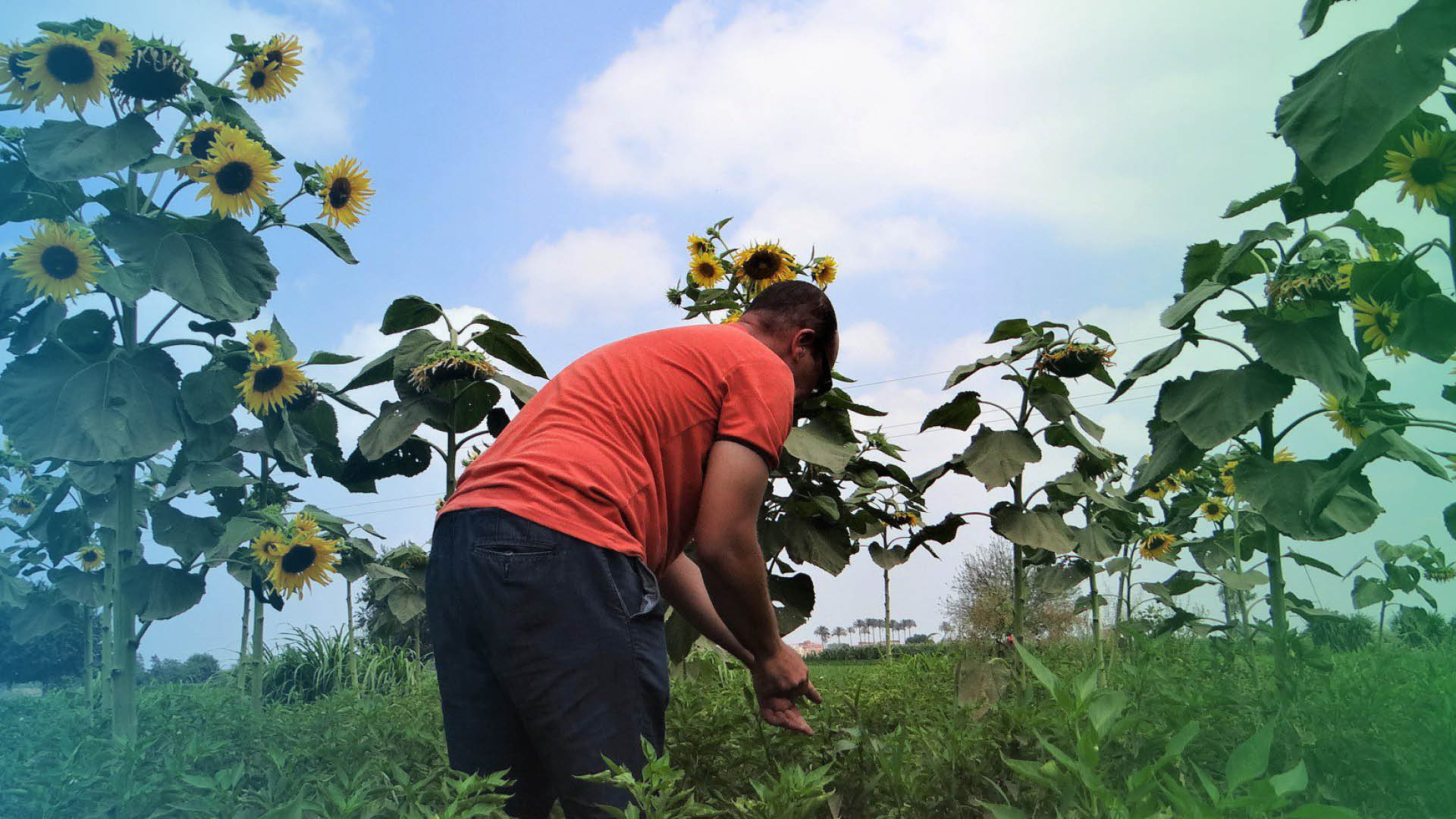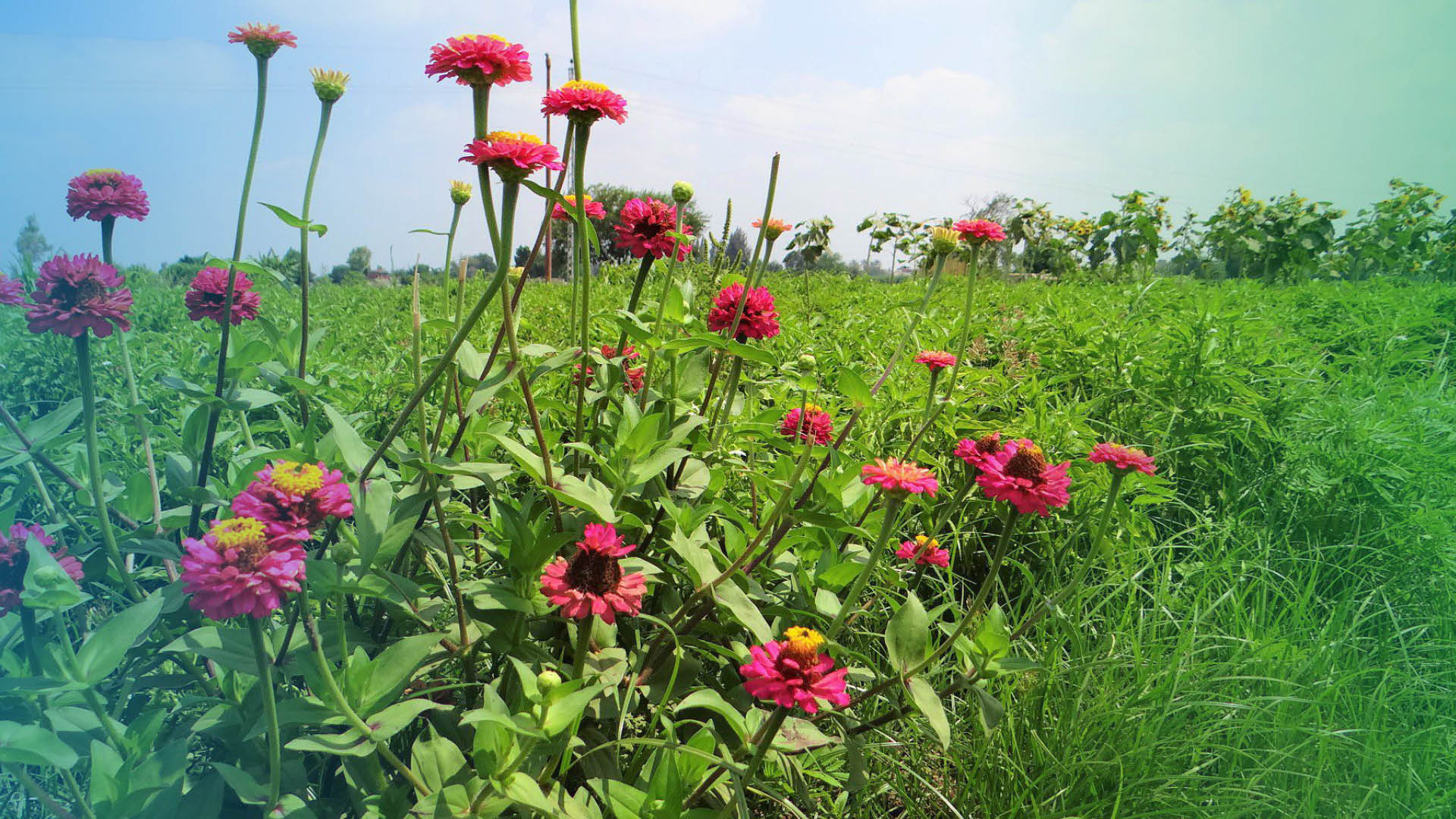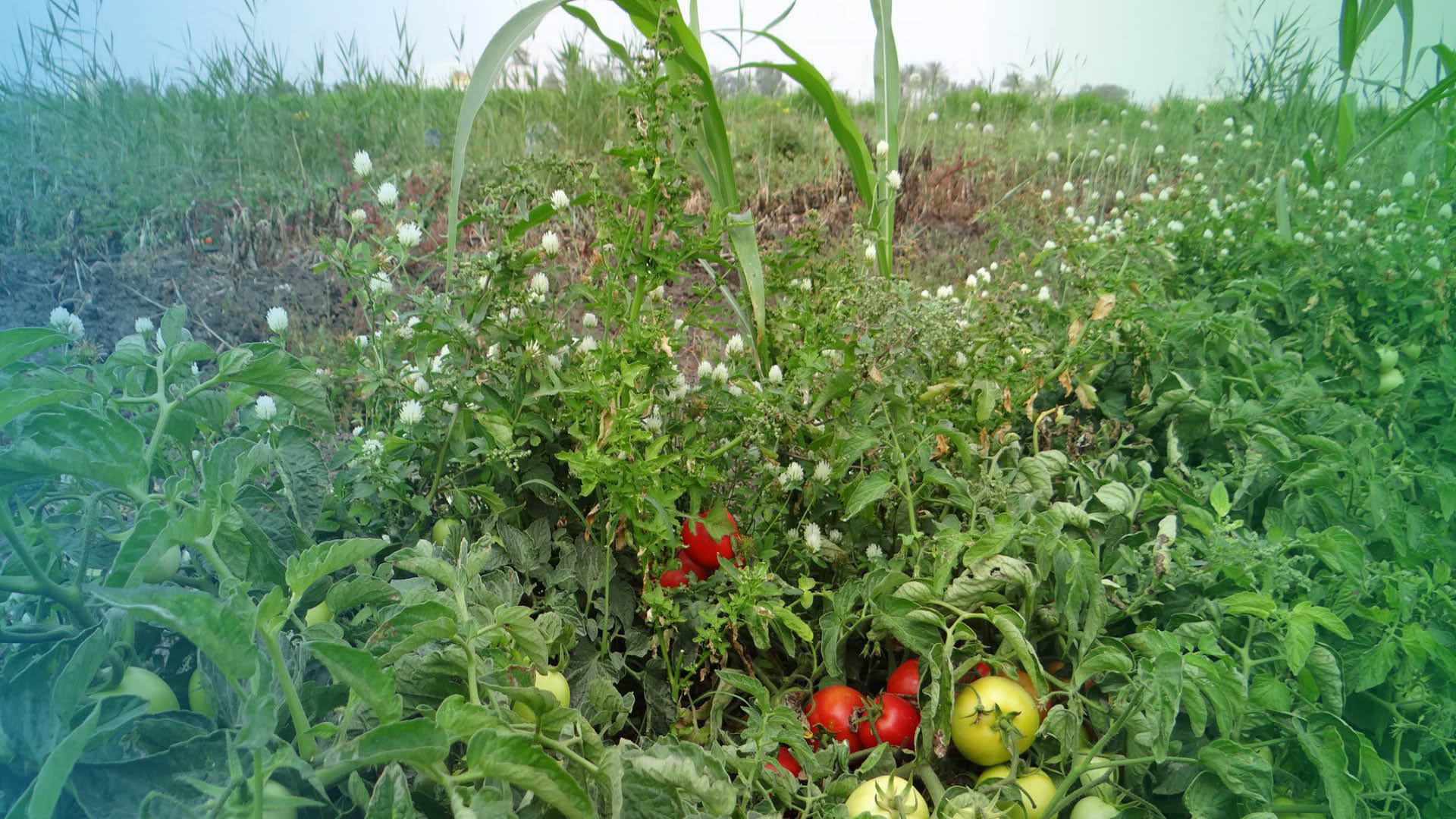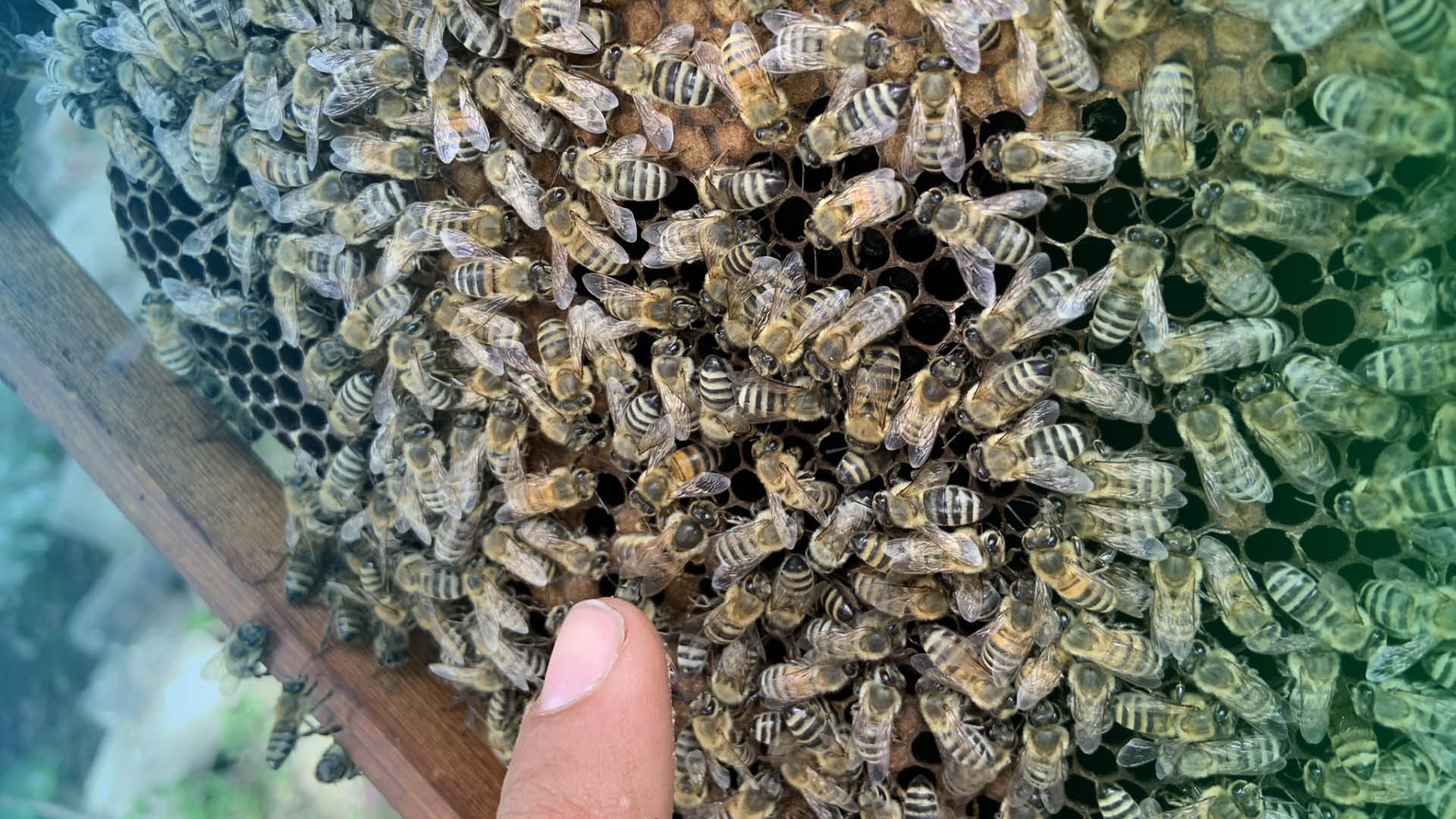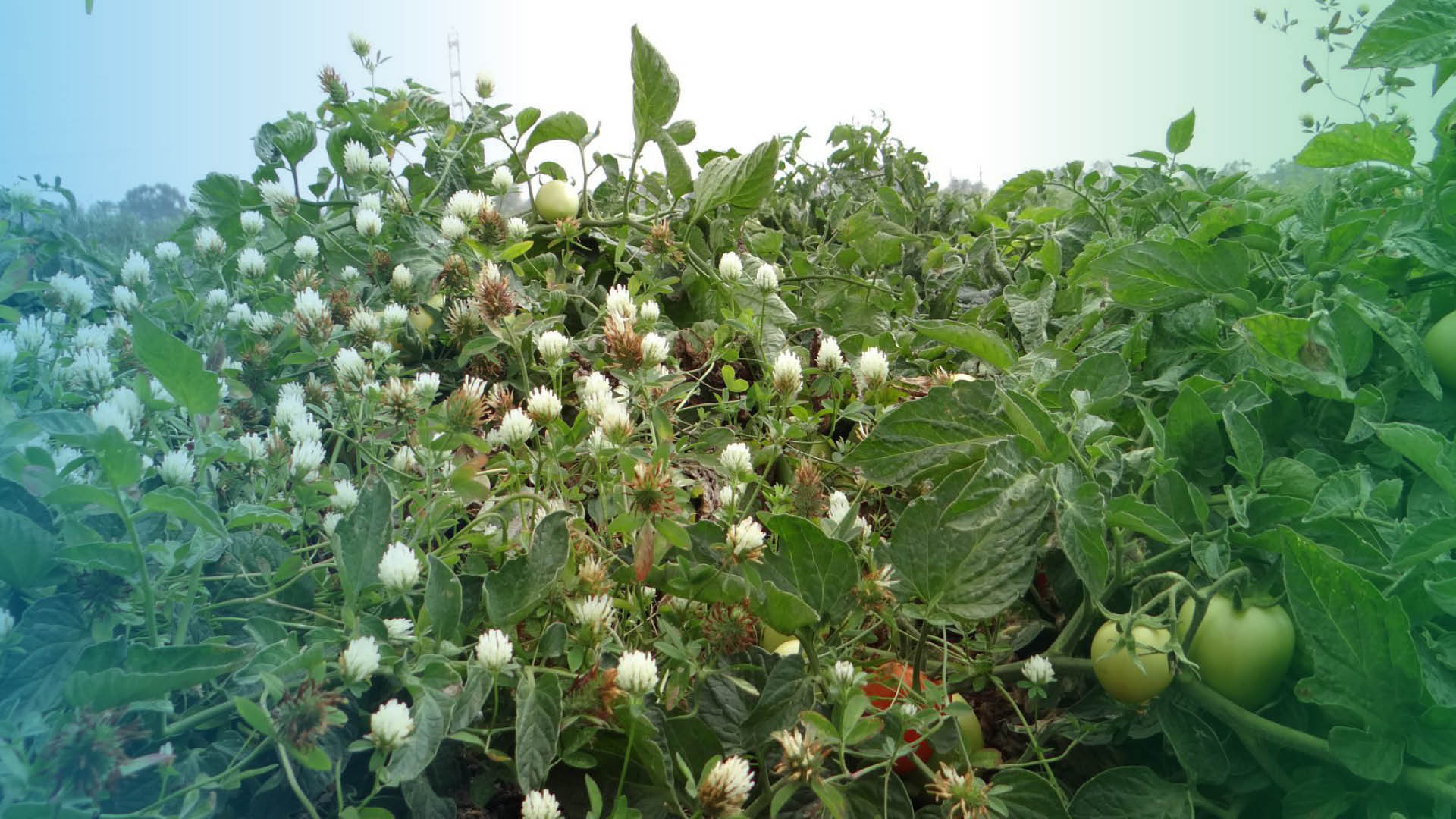PROJECTS WORLDMAP
Nectaerra Head office, Hilversum, The NL
First agroforestry farm- Egypt
Impact of climate change on water use of sorghum in Mali
Climate change effect on water use of sorghum and wheat- Sudan
DESALT (Dutch Egyptian Saline Agriculture and Learning Technologies), Egypt
Feasibility study on the production of fresh and brackish groundwater- Thailand
Unconventional and Offshore groundwater exploration- Kuwait
paleogroundwater exploration, Qatar
Agricultural water management and agroforestry, Kenya
Climate and water smart farming training and demonstration, Iraq
Sewer and drainage design with groundwater storage, The NL
Saline groundwater mapping and risk prediction, The NL
Business scoping for saline farming and water management study, Iraq
The Lighthouse project, Egypt
Cultivation and water assessment in Asparagus farm, The NL
Understanding and feasibility of sustainable farming decision support tool, The NL
Unconventional groundwater exploration, South Africa
Hydrological monitoring and capacity building for forest and hillslope regreening ,India
Salinity and drought management in arid environments- Shiraka, Iraq
TMT+ Iraq: Climate smart and saline optimized farming and water management in Iraq
Demonstration on saline agriculture and water management, Jordan
TMT- Regenerative agriculture training- Nuffic, Egypt
Urban Hydrology and flood control
First agroforestry farm- Egypt
Nectaerra designed the first agroforestry farm in Egypt at Sekem Farm and provides ongoing farming support. The agroforestry field consists of a wide variety of trees, bushes and annual crops, including cover crops. The system is expected to become self-supporting to a large degree by better soil fertility and stronger plants, reducing the needs for artificial inputs for fertilization and chemical protection. Nectaerra is the agroforestry partner in the PRIMA project with various universities in the EU that will continuously monitor and evaluate the developments.
Saline groundwater mapping and risk prediction- Netherlands
Successful predicting saline groundwater intrusion into the surface water and soils in a residential area due to sewer works. Field work with cone-penetration tests including resistivity (outsourced), monitoring wells, infiltration and water quality tests, and soil classification. A 3D groundwater (SEAWAT) model was built including the civil infrastructure, with prediction of salinization and soil stability, and pumping requirements for artificial drainage.
Future Farm model- Netherlands
The study assessed the ways in which conventional farms in The Netherlands could best be transformed to sustainable, commercial farms, highlighting the technical and commercial challenges, solutions, and priorities for various crops and soil types.
Climate change effect on water use of sorghum and wheat- Sudan
Sorghum and wheat are among the most important crops grown in the Sahel countries. Using the soil-vegetation-atmosphere transfer model SWAP, we assessed how two scenarios of predicted climate change (in 2050 and 2100) would affect crop water demand for different locations with different soil types. The outcome showed how soil type plays a role, with climate scenarios leading to considerable differences in biomass growth.
DESALT (Dutch Egyptian Saline Agriculture and Water Management learning and Technology)
A Dutch Consortium led by Nectaerra is showcasing a project focused on optimizing cultivation and water management in degraded and saline environments.
In the DESALT project, the Dutch consortium collaborated with various commercial Egyptian farms to demonstrate their expertise and technology that supports commercial activities in these farms. Nectaerra played a key role by sharing knowledge on a systemic approach to salinity, combining water management with soil enhancement and regenerative agriculture practices. This approach aimed to build resilience in agroecological systems, benefiting both commercial and ecological outcomes.
Groundwater exploration- Kuwait
Various exploration studies for new groundwater resources. Drilling (outsourced), geophysical logging and well sampling, geophysical modelling, electromagnetic surveying, seismic interpretation, petrophysical log analysis, geological and hydrological modelling, remote sensing, and GIS. New groundwater was discovered and delineated of recent and fossil (old) origin.
Regenerative farming and digital tools for salinity control in Egypt, Iraq, and Jordan
The project is a framework to map and predict salinity control with regenerative agriculture solutions.
The activities aim to inventory and categorize typical (saline) agricultural systems and business models in Egypt, Iraq, and Jordan where salinity onset and effects can be mitigated by a series of sustainable practices and its outcome can be predicted using digital tools, in this case the FarmTree® Tool. These tools allow cost benefit analysis of agricultural systems and to predict effects on sustainability indices such as soil fertility, erosion resistance, carbon sequestration, and water efficiency (the root factor affecting onset and mitigation of salinity). As such, it can also help define the potential of an area to face agricultural production.
Sewer and drainage design with groundwater storage- Netherlands
Sewer design with groundwater assessment. The existing mixed sewer system was to be replaced by a drainage and infiltration system that stores rainwater in the ground and manages groundwater to prevent salinization and damage to buildings. 3D models constructed (InfoWorks + Modflow), and a field survey and climate stress test including model optimization were delivered.
The Lighthouse project- Egypt
Nectaerra, in collaboration with Wageningen University, led a demonstration project aimed at incorporating nature-inclusive agriculture into commercial farming practices across three distinct agricultural environments in Egypt. This project emphasized sustainable farming techniques that harmonize with natural ecosystems, enhancing both productivity and environmental health.
